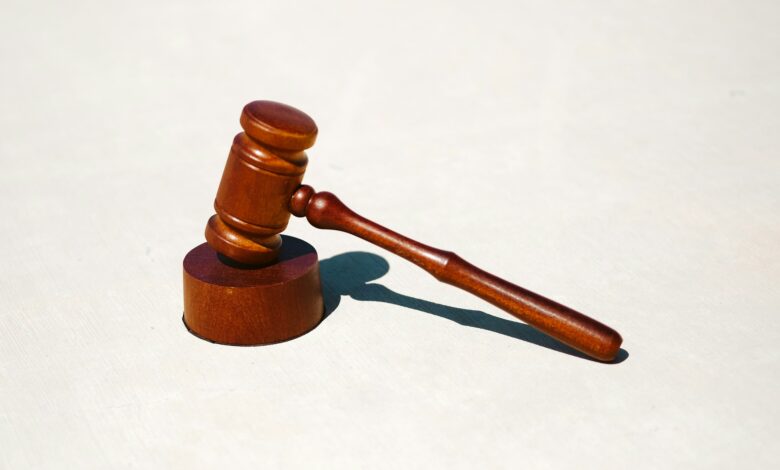
Coinbase Challenges SEC’s Authority on Crypto Trades
Understanding the Debate Over Crypto Trade Regulation
On a significant Tuesday, the US-based cryptocurrency exchange, Coinbase, took a bold step by appealing to the Second Circuit Court of Appeals. The central issue at hand is to ascertain if secondary trades of digital assets fall under the jurisdiction of the US Securities and Exchange Commission (SEC). This case could set a precedent for the broader cryptocurrency industry.
Coinbase’s Call for Clarity on Cryptocurrency Classification
In its recent appeal, Coinbase is urging the US appeals court to make a definitive ruling that crypto trades should not be classified as securities. The appeal, filed on January 21, 2025, emphasizes that digital assets have become a permanent component of the financial landscape. Consequently, there is a pressing need for clear guidelines that define the requirements under federal securities laws. This clarity is crucial for millions of US users, cryptocurrency companies, regulatory bodies, and lower courts alike.
Coinbase’s Argument Against SEC’s Regulatory Scope
The exchange argues that the most critical issue in contemporary securities law is the extent of the SEC’s authority over secondary trades of digital assets. Coinbase believes this case serves as an “ideal vehicle” to address this matter and to establish clear regulations for the burgeoning multi-trillion-dollar industry, which has been operating in a gray area for several years.
Without such clarity, market participants may be subject to varying interpretations across different jurisdictions, leaving both the SEC and Congress uncertain about the regulatory responsibilities regarding digital asset trading.
Trades as Asset Sales, Not Securities Transactions
In its legal filing, Coinbase contends that transactions on its platform are essentially asset sales of digital assets, not securities transactions. It emphasizes that these trades involve anonymous parties with no mutual obligations beyond the sale itself. Unlike traditional securities like bonds or stocks, buyers do not gain any rights against the issuer of the digital asset.
Ongoing Regulatory Challenges and Developments
Coinbase’s appeal follows a decision by New York Federal Judge Katherine Failla, who granted an exceptional interlocutory appeal on January 7. This decision allows Coinbase to challenge the SEC’s assertions at the Second Circuit Court of Appeals. Judge Failla highlighted the need for the Second Circuit’s guidance due to conflicting rulings on pivotal crypto cases such as Terraform Labs and Ripple. The core issue is the application of the Howey test to crypto assets, which remains a subject of debate.
The SEC’s 2023 Lawsuit Against Coinbase
In 2023, the SEC filed a lawsuit against Coinbase, accusing the exchange of operating as an unregistered securities exchange. The regulator claimed that Coinbase acted as an unregistered broker-dealer, engaging in the illegal sale of unregistered securities through its staking program. However, the SEC’s stance might evolve with the new crypto-friendly Trump administration in place.
Future Prospects for Crypto Regulation
Mark Uyeda, the acting chairman of the SEC, announced that Commissioner Hester Peirce will spearhead a dedicated Digital Assets Task Force. This initiative aims to establish a clear regulatory framework and viable pathways for the cryptocurrency industry, moving away from the previous approach of “regulation by enforcement.”
Additionally, reports suggest that Republican Commissioners are contemplating measures to define the criteria for classifying digital assets as securities and are reviewing various ongoing crypto enforcement cases.







